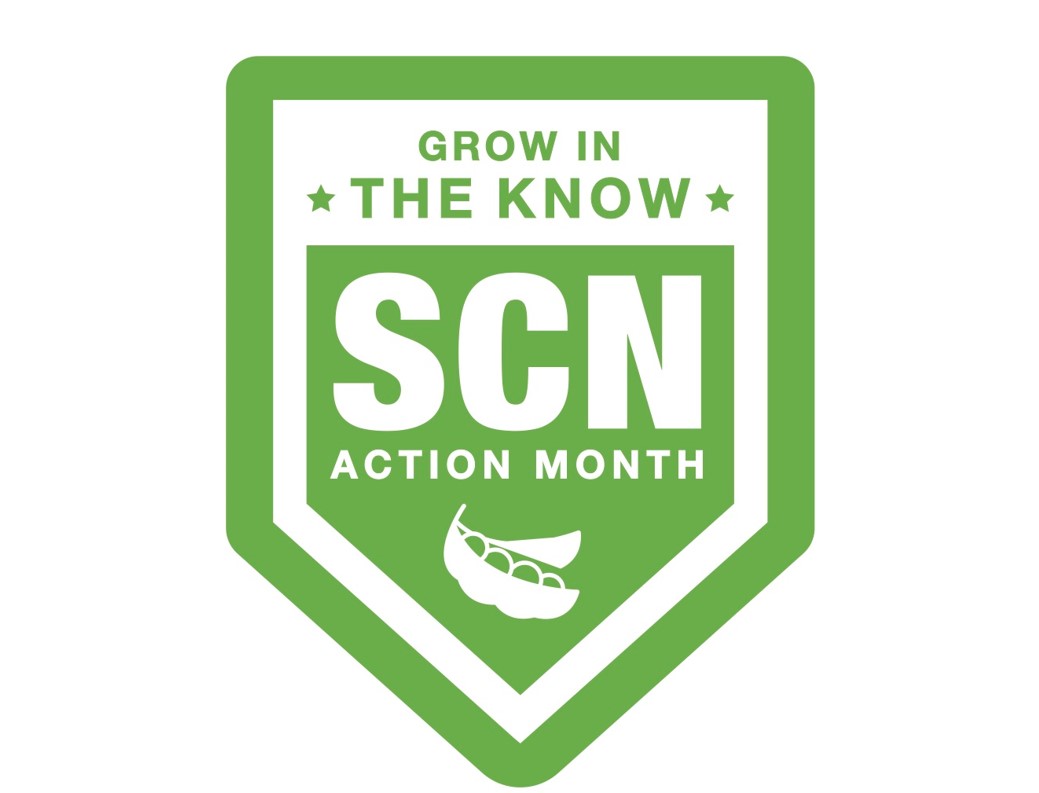Mon, 03 Oct 2022 09:13:28 CDT

Soybean cyst nematode (SCN) continues to be the leading cause of soybean yield loss in North America. BASF Agricultural Solutions and The SCN Coalition have joined forces for the second consecutive year to promote SCN Action Month, a monthlong initiative to provide growers with the tools and information they need to defend against this devastating pest.
Throughout October, BASF will once again provide free soil test kits to the first 500 growers who request online by October 31.
“We’re finding there are still growers who either aren’t aware of SCN or just don’t believe they have it in their field,” said Troy Bauer, BASF Senior Field Technical Representative for Seed Treatment – Western Corn Belt. “Soil testing during the month of October is key to this effort. When growers know their numbers, they can make a solid management plan for next year.”
Dan Ory, a grower in Earlham, Iowa received a free soil test kit from the SCN Action Month campaign last year and was surprised by his results.
“I had the opportunity to test my soil using one of the free test kits. I suspected we had nematodes, but I was surprised by how many,” Dan Ory said. “It was a revelation that has changed how I’ll approach my soybean fields going forward.”
Experts with The SCN Coalition say testing soil for SCN is the foundation for active SCN management.
“If a farmer doesn’t know he or she has SCN and isn’t actively managing it, yield potential can be lost,” said Iowa State University Nematologist Greg Tylka. “It may be three or four bushels per acre, or it might be 23 to 24 bushels per acre. But you won’t know until you test your soil.”
SCN is present in nearly all areas where soybeans are grown and continues to rapidly spread throughout all geographies. Damage occurs when nematodes invade plant roots and establish feeding sites that take nutrients and water from the plant, which results in reducing yield potential. Because the damage occurs below ground, nematodes can cause losses in soybean yield without any visible signs of plant damage. Last year, nematodes were found in 74% of the fields sampled during SCN Action Month.
There are three things growers should do for SCN Management: rotate crops, plant a resistant variety and consider a seed treatment. Watch this video online to learn more about planning and preparing to manage SCN in your fields, and to access even more SCN management resources, visit SCNActionMonth.com.


















